- Home›
- Healthy Living›
- 7 Major Causes Of Tooth Pain In The Morning And Home Remedies To Treat It
7 Major Causes Of Tooth Pain In The Morning And Home Remedies To Treat It
By: Saloni Jasoria Tue, 26 Nov 2024 6:34:21

Waking up with tooth pain in the morning is a common and often frustrating issue. The causes can vary from mild to severe, including dental problems or other underlying health conditions. But what leads to a sore or throbbing tooth upon waking? Several factors could be responsible.
Waking up with tooth pain in the morning can be an unsettling and frustrating experience. This discomfort may range from a dull ache to sharp, throbbing pain and can interfere with your daily routine. Morning tooth pain is often a sign of underlying dental or health issues that may need attention. Common causes include teeth grinding, untreated cavities, gum infections, or even sinus problems. Understanding the potential reasons behind this pain can help you address it effectively and maintain better oral and overall health.
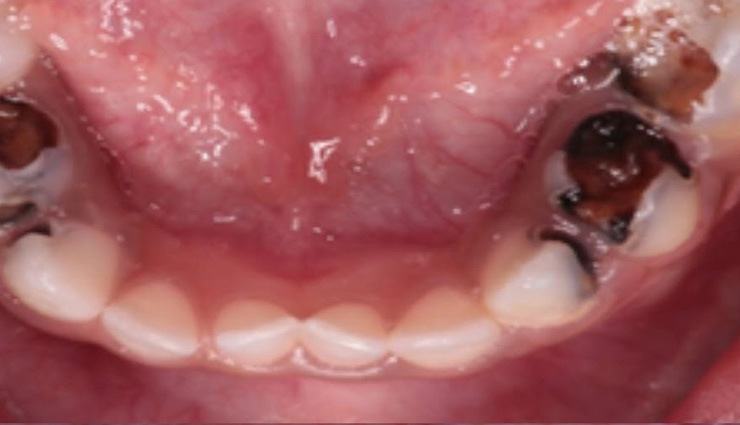
# Gum Disease
Gum disease, or periodontal disease, occurs when plaque buildup leads to inflammation of the gums. This inflammation can cause redness, swelling, and tenderness around the gums, which may feel like tooth pain. Over time, it can make your teeth sore or even loose, mimicking tooth-related discomfort.
# Sinusitis
A sinus infection, or sinusitis, can result in morning tooth pain. This condition involves inflammation or infection of the nasal sinuses, causing them to swell and press on nearby facial nerves, including those around your teeth. This pressure often leads to discomfort upon waking. Sinusitis may also present with symptoms like headaches (starting at the back of the head), a persistent cough, postnasal drip, facial pain, and fever.
# Tooth Abscess
A tooth abscess occurs when bacteria infect the gums or teeth, creating a painful condition. Symptoms include fever, swollen glands in the neck or jaw, facial pain near the affected tooth, bad breath (halitosis), and pain when biting. Immediate dental care is essential as untreated abscesses can spread to nearby teeth, posing serious risks to oral health.
# Cavities
Cavities, caused by bacteria that erode tooth enamel and dentin, are another common reason for waking up with tooth pain. The exposed nerve can become irritated, leading to discomfort. If untreated, bacteria can infiltrate deeper into the tooth, causing a painful pulp infection. It’s important to treat cavities promptly to prevent further damage.
# Impaction
Tooth impaction occurs when a tooth cannot emerge properly due to insufficient space beneath the gum line. This creates pressure and pain around the affected area, which may be more noticeable in the morning or persist throughout the day. Wisdom teeth and maxillary canines are commonly impacted. If you suspect impaction, consult a dentist to rule out infection.
# Bruxism
Teeth grinding, or bruxism, is a frequent cause of morning tooth pain. Many people unknowingly grind their teeth during sleep, leading to enamel wear, tooth pain, jaw discomfort, facial aches, and headaches. Dentists can often detect bruxism during routine exams by observing worn enamel. If you experience these symptoms, seek dental advice.
# Temporomandibular Joint Disorder (TMD)
Temporomandibular Joint Disorder (TMD) is a painful condition involving inflammation of the jaw joint and surrounding tissues. This can result in tooth pain as jaw muscles exert force during chewing or grinding. TMD is often associated with bruxism and may worsen in the morning or during wide mouth movements. A dental evaluation can help manage the symptoms.
Home Remedies
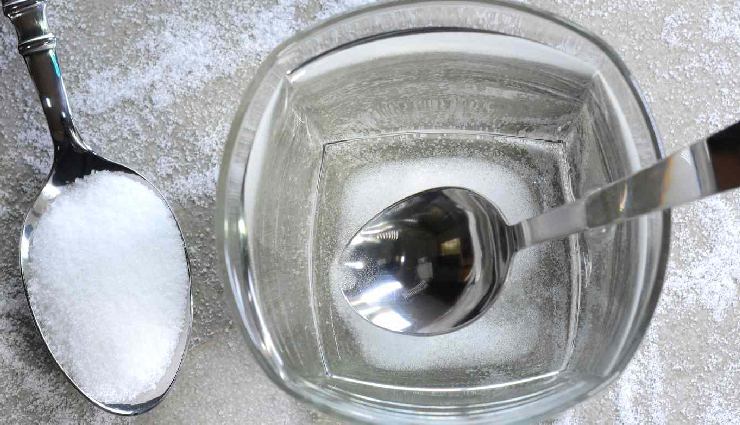
# Saltwater Rinse
A warm saltwater rinse helps reduce inflammation, cleanse the affected area, and fight bacteria.
- Mix 1 teaspoon of salt in a cup of warm water.
- Swish the solution in your mouth for 30 seconds and spit it out.
- Repeat 2–3 times a day.
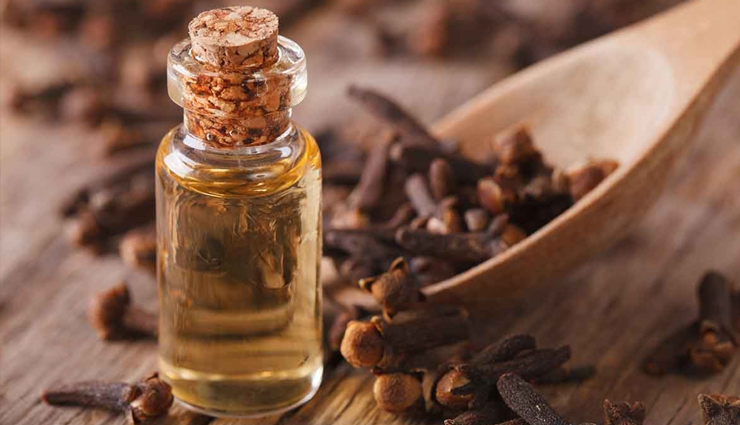
# Clove Oil
Clove oil contains eugenol, a natural anesthetic and anti-inflammatory agent.
- Soak a cotton ball in clove oil and apply it to the painful area.
- Alternatively, place a whole clove near the affected tooth and gently bite down.
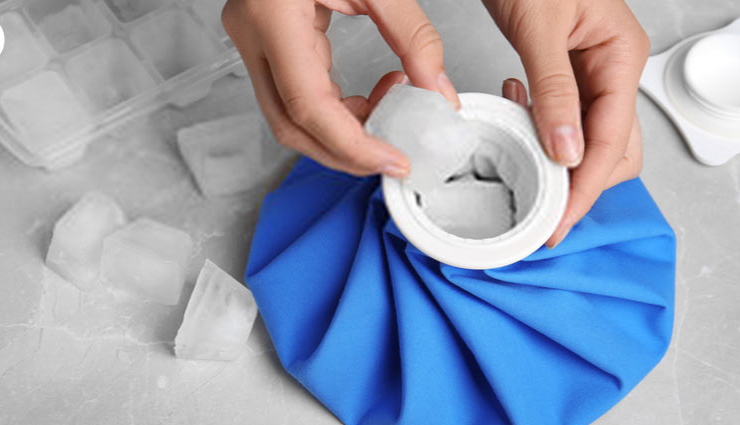
# Cold Compress
If the pain is due to swelling or inflammation, a cold compress can provide relief.
- Wrap ice or a cold pack in a cloth and apply it to the outside of your cheek for 10–15 minutes.
- Repeat as needed to reduce pain and swelling.
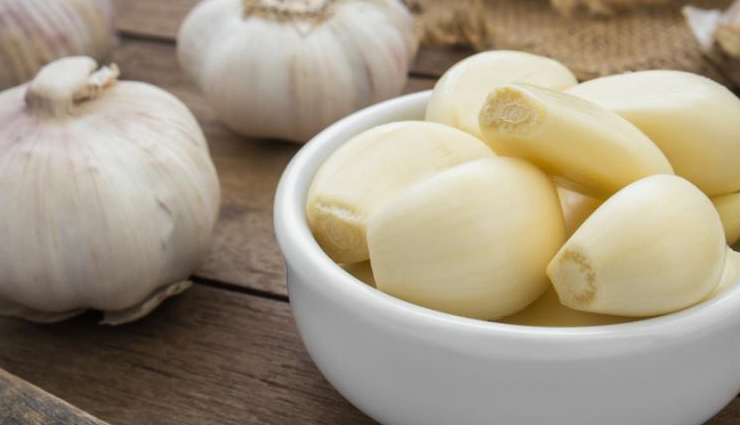
# Garlic
Garlic has antibacterial and pain-relieving properties.
- Crush a clove of garlic to form a paste and apply it directly to the affected area.
- Alternatively, chew a garlic clove slowly on the painful side of your mouth.
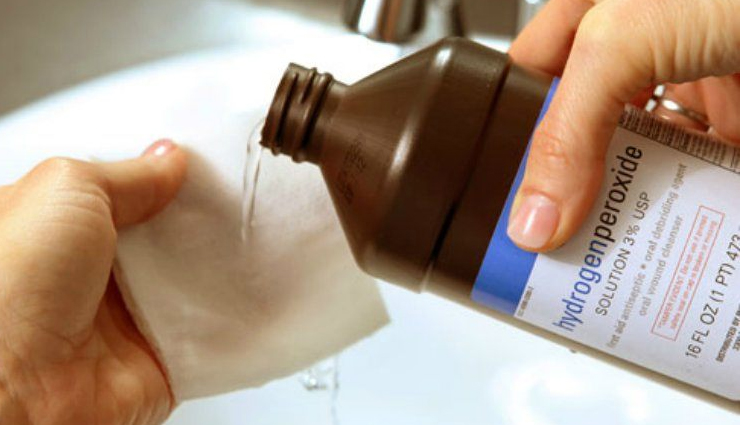
# Hydrogen Peroxide Rinse
A diluted hydrogen peroxide rinse can kill bacteria and reduce gum inflammation.
- Mix equal parts 3% hydrogen peroxide and water.
- Swish the solution in your mouth for 30 seconds, then spit it out and rinse with plain water.
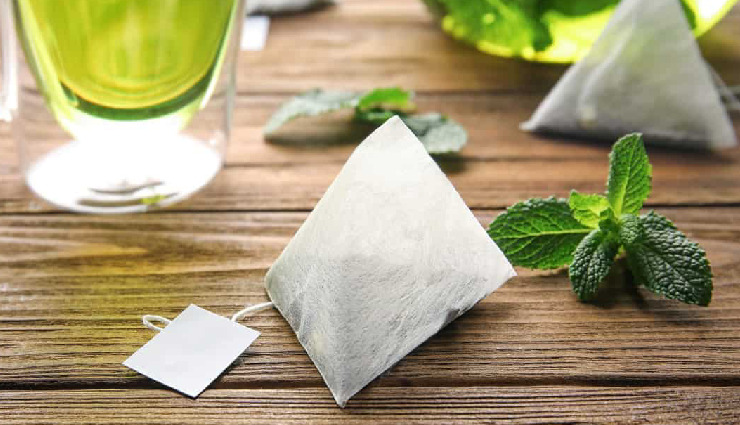
# Peppermint Tea Bags
Peppermint has mild numbing and soothing properties.
- Steep a peppermint tea bag in hot water, then let it cool slightly.
- Place the warm tea bag on the affected tooth or gums for relief.
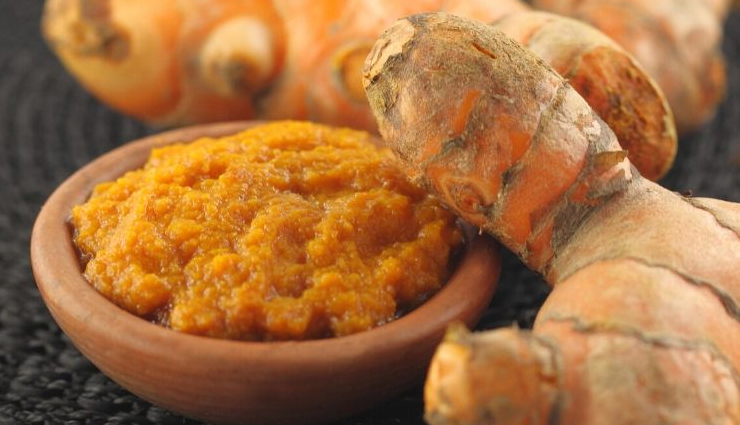
# Turmeric Paste
Turmeric has anti-inflammatory and antibacterial properties that can ease tooth pain.
- Mix 1 teaspoon of turmeric powder with water or coconut oil to form a paste.
- Apply it to the affected area and let it sit for 10–15 minutes before rinsing.
-1732626209-lb.jpg)
# Onion
Onions have antimicrobial properties that can help fight infection and relieve pain.
- Place a small piece of raw onion on the affected area and gently bite down.
- Chew it slowly to release its juices around the painful tooth.
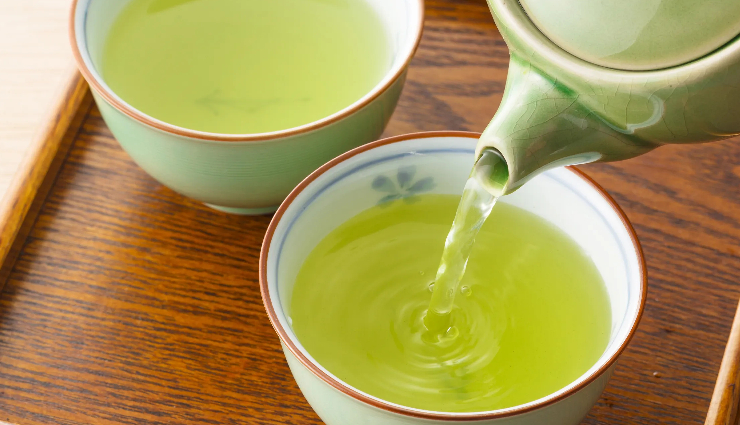
# Warm Tea Rinse
Green or black tea contains tannins that can reduce swelling and soothe pain.
- Brew a cup of tea and let it cool slightly.
- Swish it around the painful area for temporary relief.

# Elevate Your Head While Sleeping
If the pain worsens at night or in the morning due to blood flow to the head, try sleeping with your head slightly elevated using an extra pillow.
Note: While these remedies can provide temporary relief, it’s important to visit a dentist if the pain persists or worsens to address the root cause.





